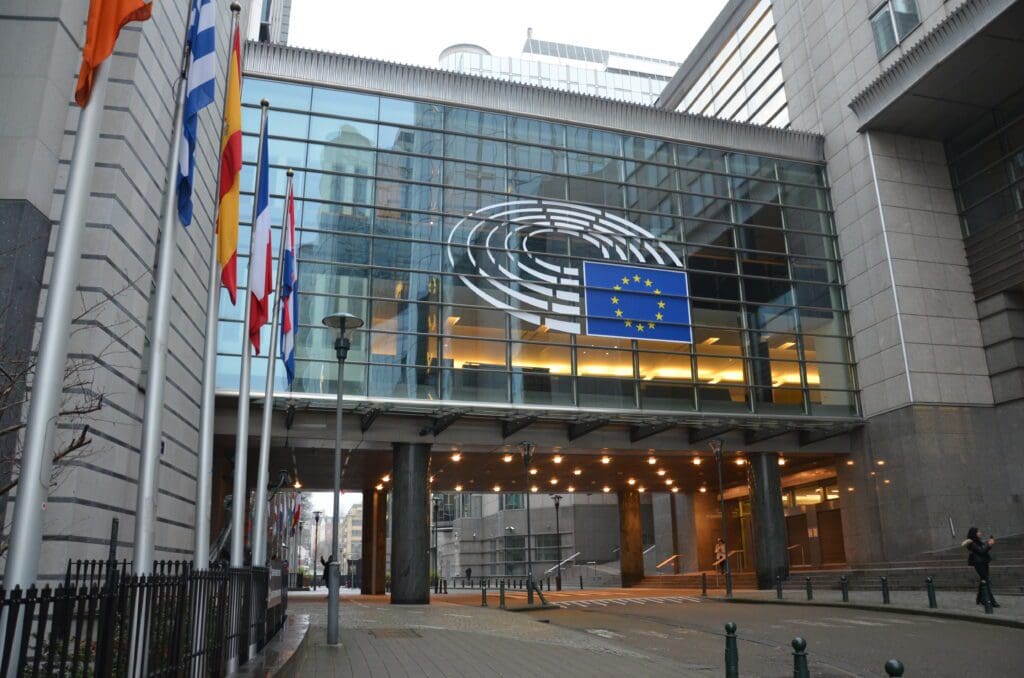
‘The report highlights Europe’s growing strategic weakness relative to Asia and the United States, pointing to persistent failures in innovation, a deep aversion to risk, and a regulatory mindset…According to the report, the heavy emphasis on procurement rules and compliance does not foster the technological breakthroughs required for modern warfare.’
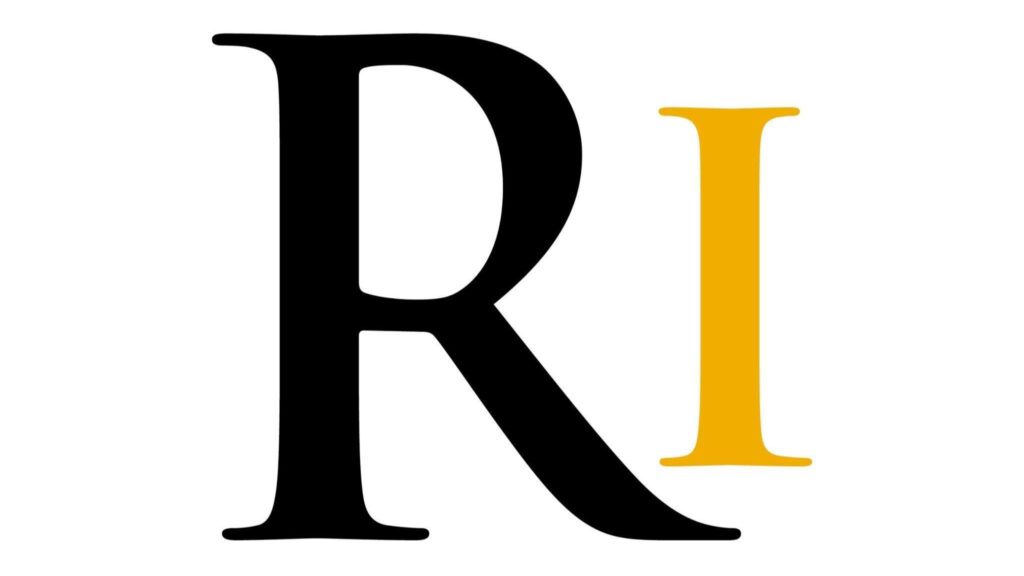
‘The new website aims to bring Hungarian history closer to an international audience, with a strong emphasis on historical accuracy, nuanced perspectives, and a narrative free from political influence. The initiative is unique in its kind: Rubicon’s English-language site is not merely a translation of the Hungarian content, but a carefully curated collection tailored for global readers…’
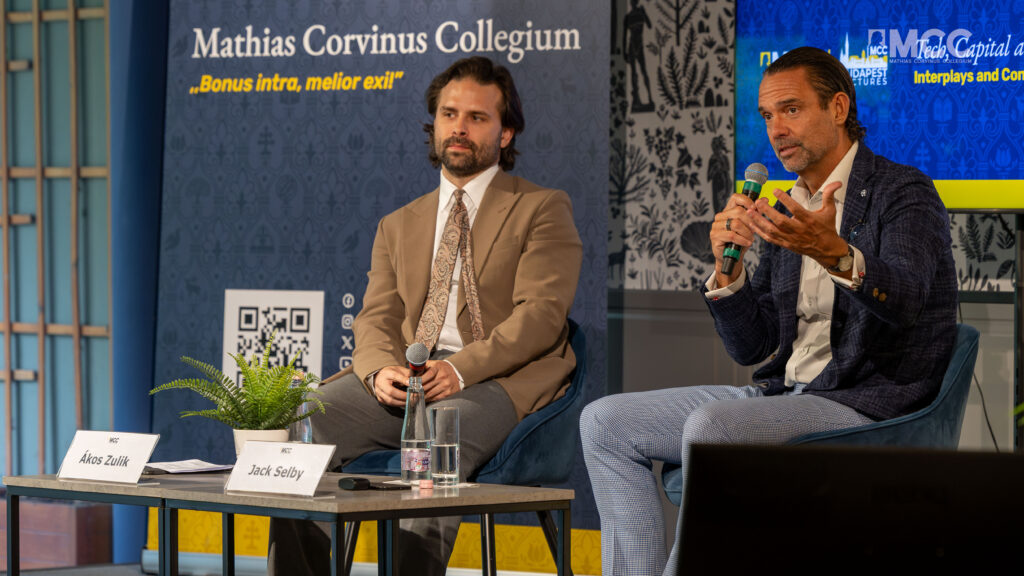
‘Selby, who is known as an early leader of PayPal and is now an established venture capitalist, participated in a discussion moderated by Head of the MCC Central European Connectivity Centre Ákos Zulik. In a frank and forward-looking exchange, Selby said that Hungary has outstanding capabilities in hardware development and manufacturing…’

The MCC Budapest Summit on Technology and Society aims to answer the question of how to find the balance between innovation and traditional values in a rapidly changing world. The MCC Budapest Summit is also part of MCC’s long-term mission: to strengthen international knowledge sharing, community dialogue, and intellectual values in all regions of the Carpathian Basin.
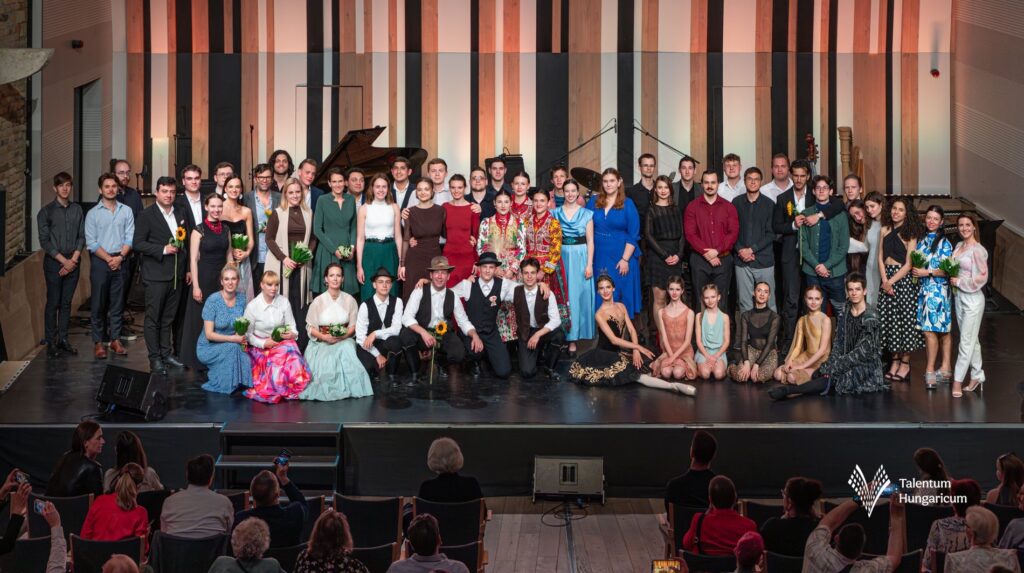
‘Talentum Hungaricum is not merely a talent programme, but a cultural mission: its goal is to present and preserve Hungarian musical and dance traditions, while also making them attractive to younger generations and international audiences in a modern form.’
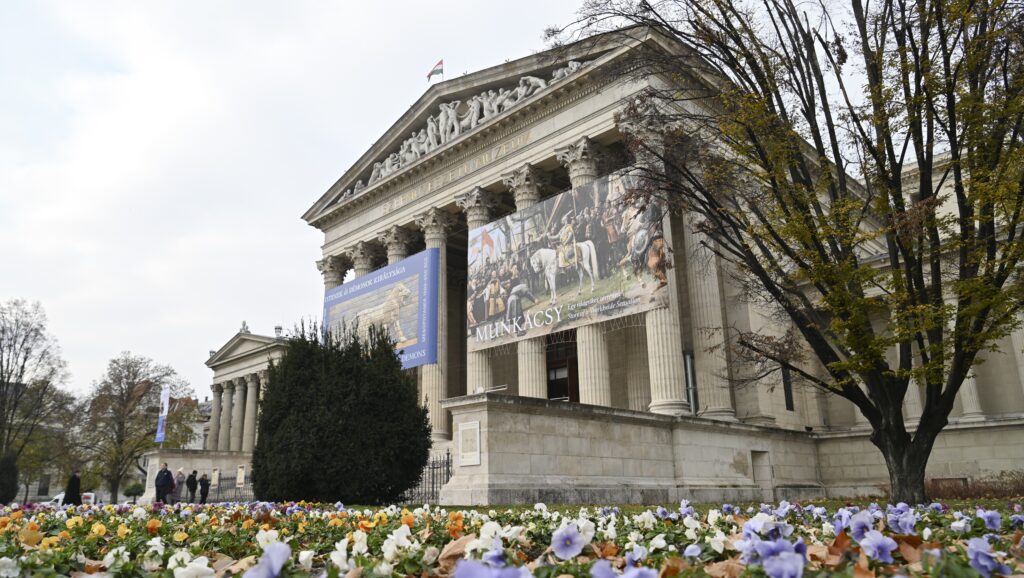
In 2025 the Museum of Fine Arts and the Hungarian National Gallery will present a rich programme of exhibitions, including world-famous artefacts and works by renowned artists. The Director General of the Museum of Fine Arts stressed that the museum continues to be among the 100 most visited institutions in the world, with around 800,000 visitors in 2024.
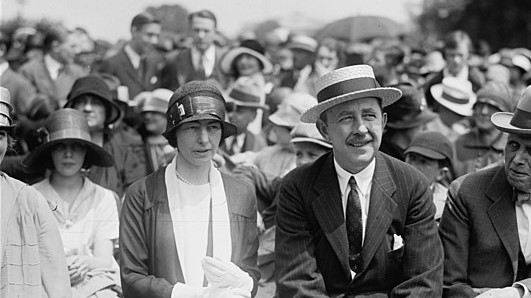
‘Even if Count László Széchenyi had done nothing for his country but win the heart of Gladys Vanderbilt for the Hungarian cause, he would have done enough because Gladys Vanderbilt achieved much, and the fruits of her achievements were enjoyed by Hungarian families in need.’

‘The names of the Kárász girls, Ilonka and Mariska, are little known here in Hungary, even though both were significant figures in American visual culture and are widely respected overseas. Ilonka drew two hundred covers for the legendary The New Yorker magazine and designed furniture, interiors, and fabrics, and her work, like that of her sister, is held in the most important American collections to this day.’
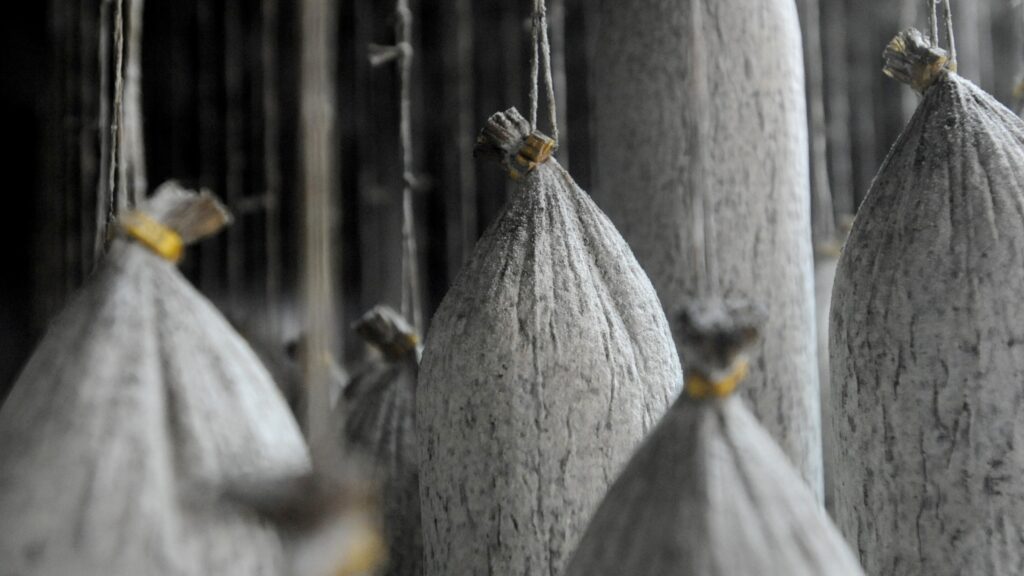
‘On a hike, on holiday, at a family dinner, or as a gift abroad, winter salami (téliszalámi) is always the perfect choice. It never gets old, has no rivals, is long-lasting, tasty, famous, and, most of all, very Hungarian. Pick and Herz winter salami has been a Hungarikum since 2014.’
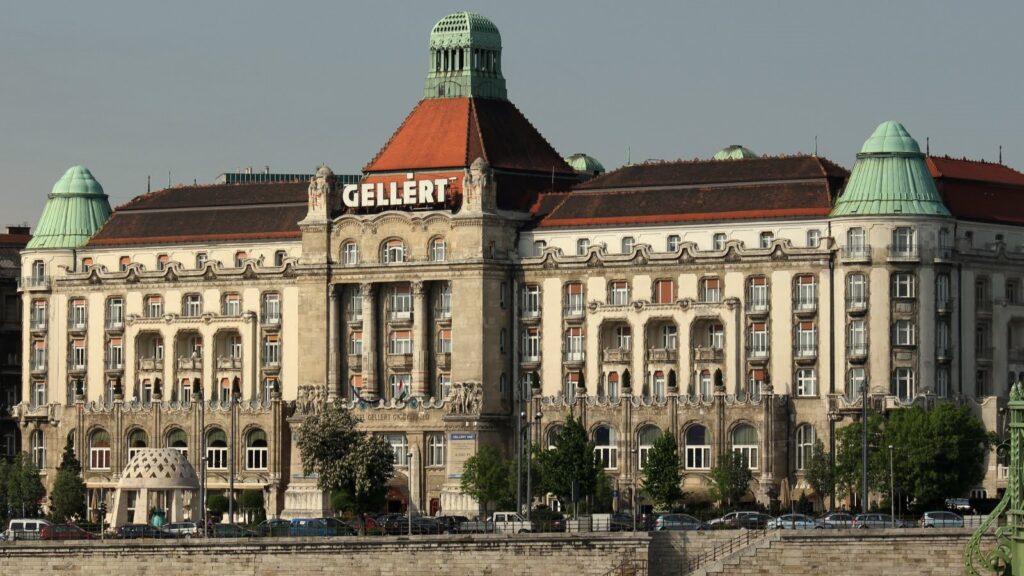
‘I had been to Budapest before the war, but that was a long time ago. It was the first time I saw the theatre here. And I can safely say that I have seen real theatre,’ Orson Welles highlighted when he visited Budapest in 1967.
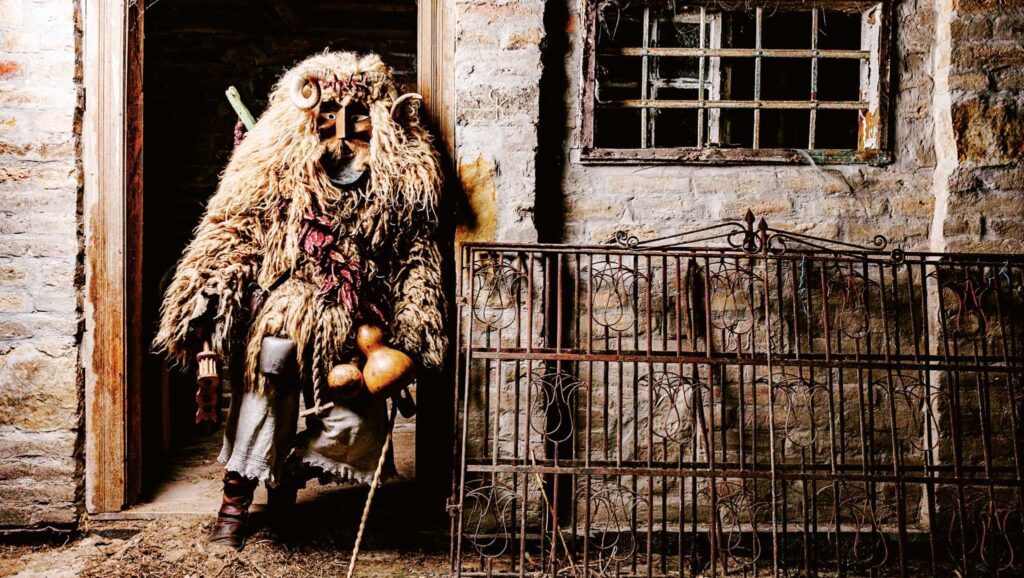
‘Becoming a busó for a few days is much more than just being dressed up. It is a real transformation. Hiding behind a mask is a kind of freedom, like commenting anonymously…But a busó never reveals himself, changing his mask year after year if he has to, because it is much more than just a game, it is a state of altered consciousness approaching mysticism, an unending, passionate game, and virtue.’
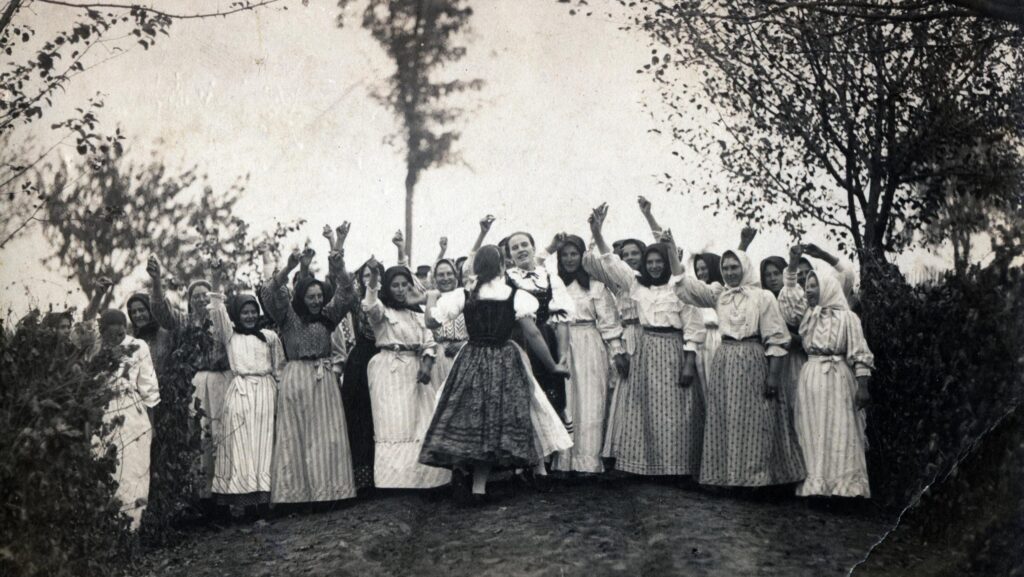
‘For the women, Women’s Carnival was a special occasion: a break from their strictly fixed lives to enjoy themselves. They drank beer and pálinka, had fun, danced, swore, and sang obscene songs—all things that were outside the norm of behaviour that was typically expected of women in the closed community of villages.’
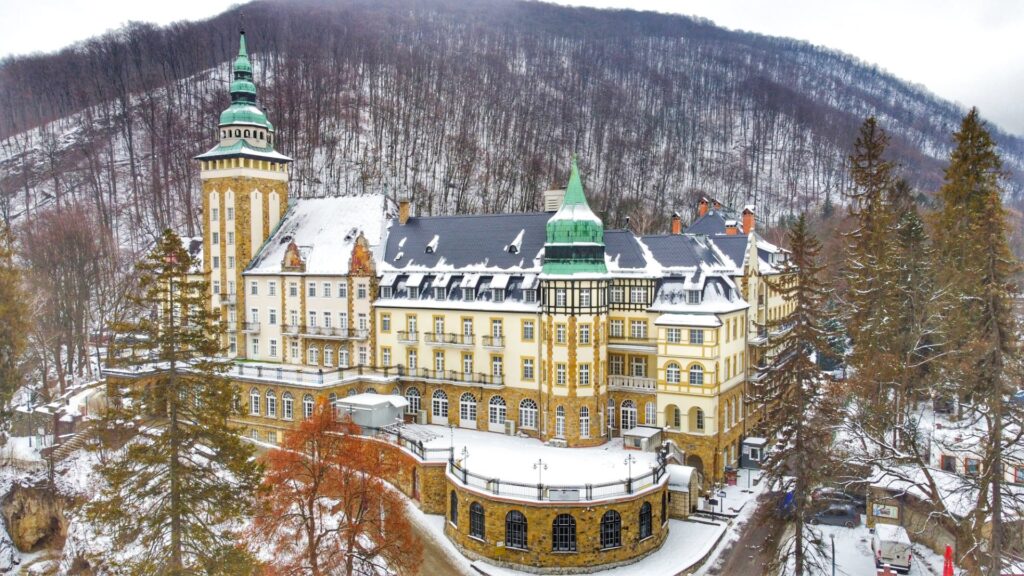
Winter is a perfect time for discovering Hungary’s hidden beauties. Although we are nearing the end of winter, there is still some time to visit some of the country’s gems on cooler days. Do not let the cold hold you back—wrap up warm and set off to explore Hungary’s fascinating winter destinations!
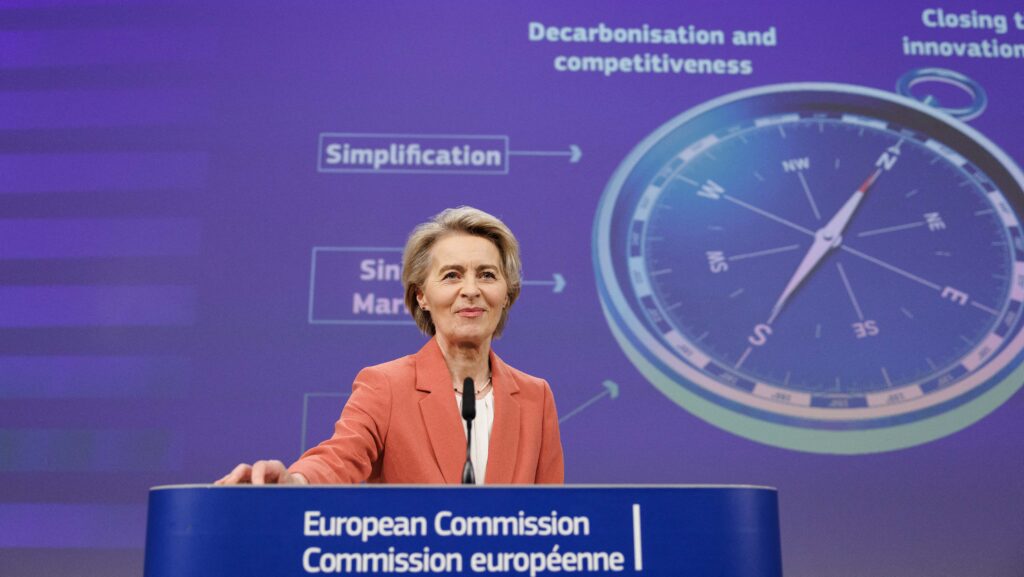
‘Things sometimes get back to normal when they are already in a very bad place…But it seems that, both in its recognition of the need to strengthen competitiveness as an objective and in its sub-objectives, the Commission has moved from the ideological to the pragmatic, and this gives strong hope that the next generation will be able to live in a thriving Europe.’
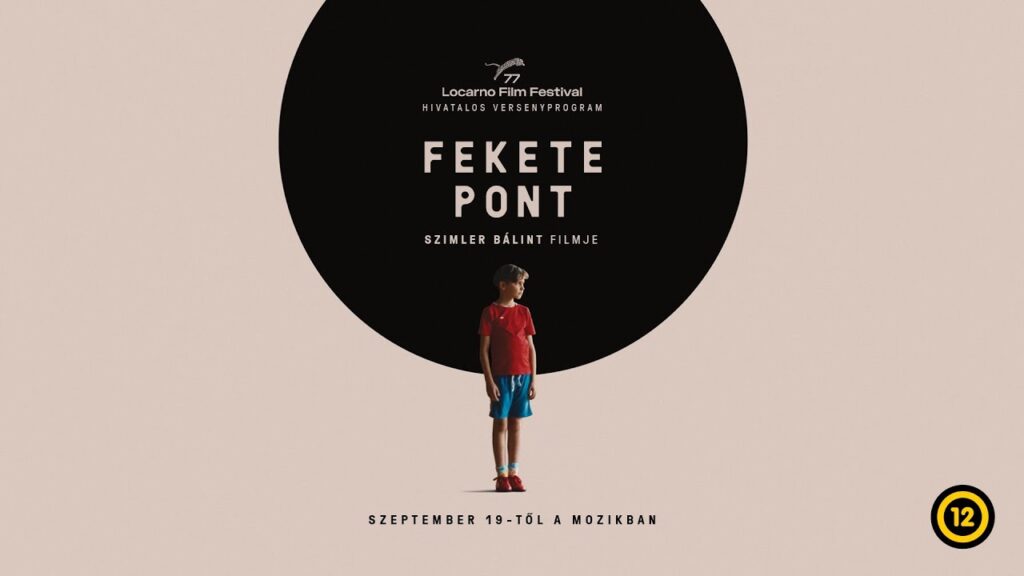
A scathing review of a 2024 feature film that portrays the Hungarian public school system in a deceitfully negative light.
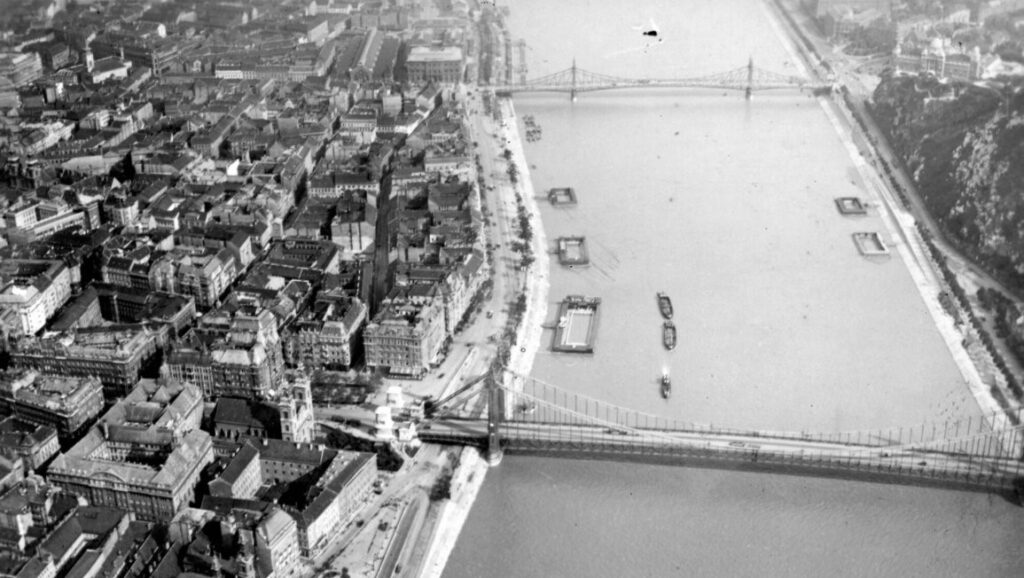
‘The tradition of bathing in the Danube in Budapest dates back to the 19th century, when a series of Danube baths were opened on the banks of the river…The current proposal aims to bring this tradition back by creating a modern, clean, and safe environment, as the popularity of the open-air Roman Beach is already proving its feasibility.’

In his inaugural address, Donald Trump did not skimp on sweeping promises and tough talk. The old-new President of the United States promised a new golden age for the country, decisive action to protect its economic interests, as well as immediate measures to curb illegal migration.
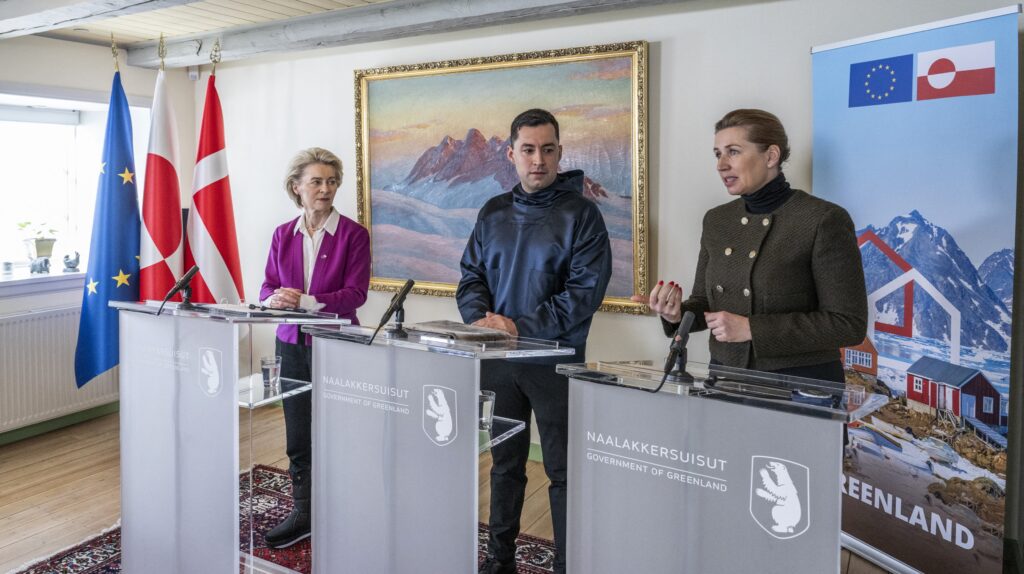
While almost two-thirds of the Danish population were in favour of accession, 70.8 per cent of the citizens of Greenland rejected the idea of belonging to the European Community. The Inuit were reluctant to participate in European integration from the very beginning.
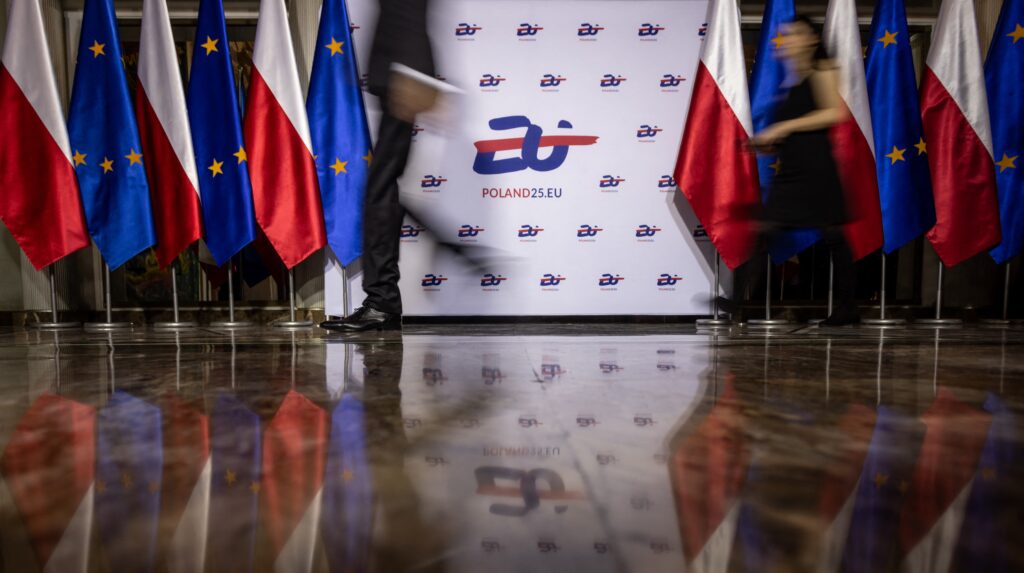
Poland aims to prepare Council conclusions on a European energy security strategy in the next six months, with the main objective of its programme being to fully divest from fossil fuels from Russia.
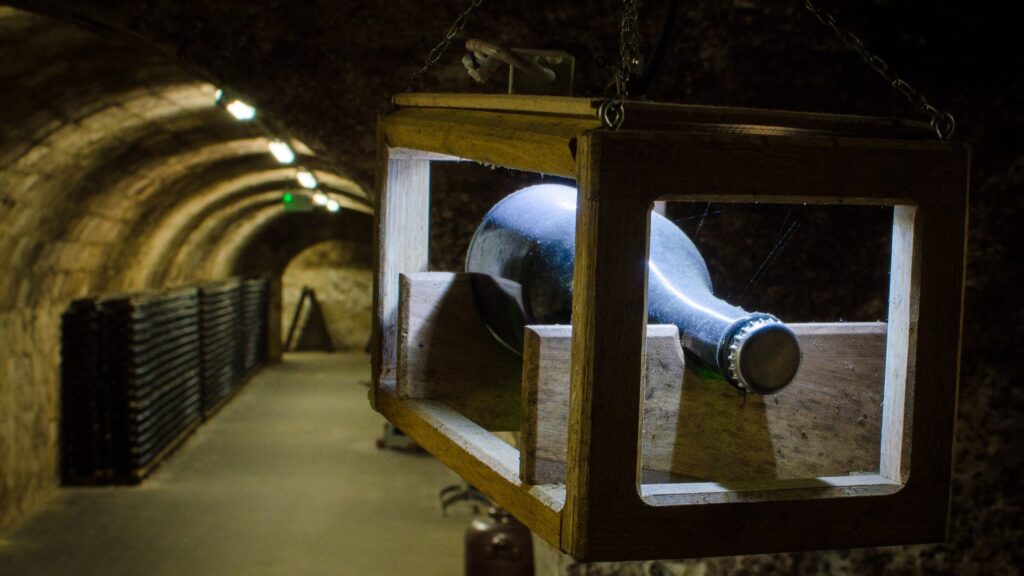
The Törley brand stands for excellence in Hungary, thanks to the high-quality sparkling wine that has been produced for almost 150 years now in the Budafok factory once owned by the Törley family.
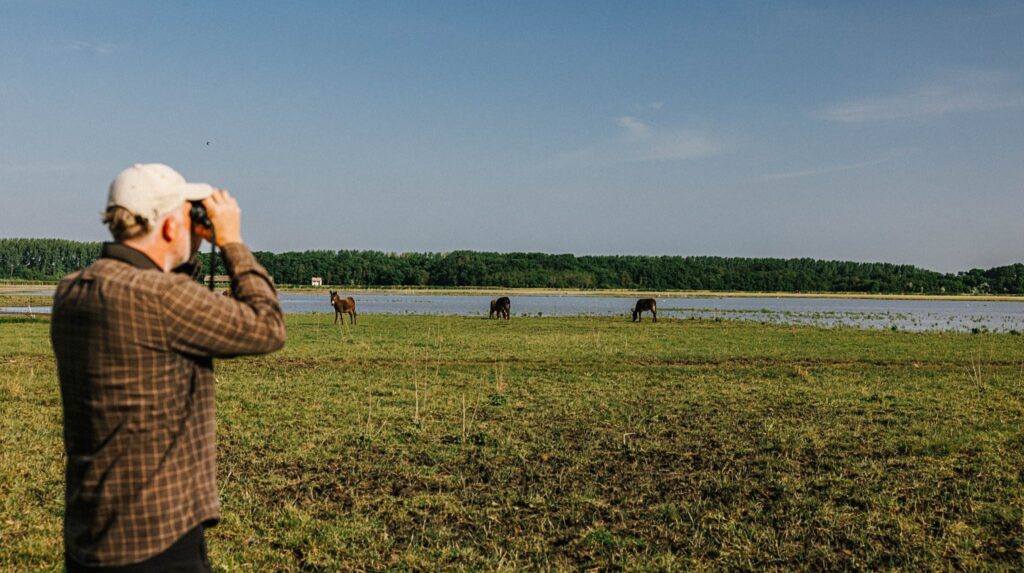
‘The lapwing, the iconic bird of the wetlands of the Great Plain, has come back, which is also a kind of mirror. Where it subsists, things are fine; where it disappears, there is trouble.’

Poland took over the presidency of the EU from Hungary on 1 January. The ceremony launching the presidency, however, was conducted without the Hungarian ambassador to Poland, as the Polish Foreign Ministry declared he would not be welcome at the event. Political Director for the Prime Minister of Hungary Balázs Orbán commented on the incident and its context in an interview with wPolityce.

Christmas and the winter holiday have always had special significance in Hungary, even in Socialist times. We have collected some fun facts for you related to Hungarian Christmases through time—enjoy!
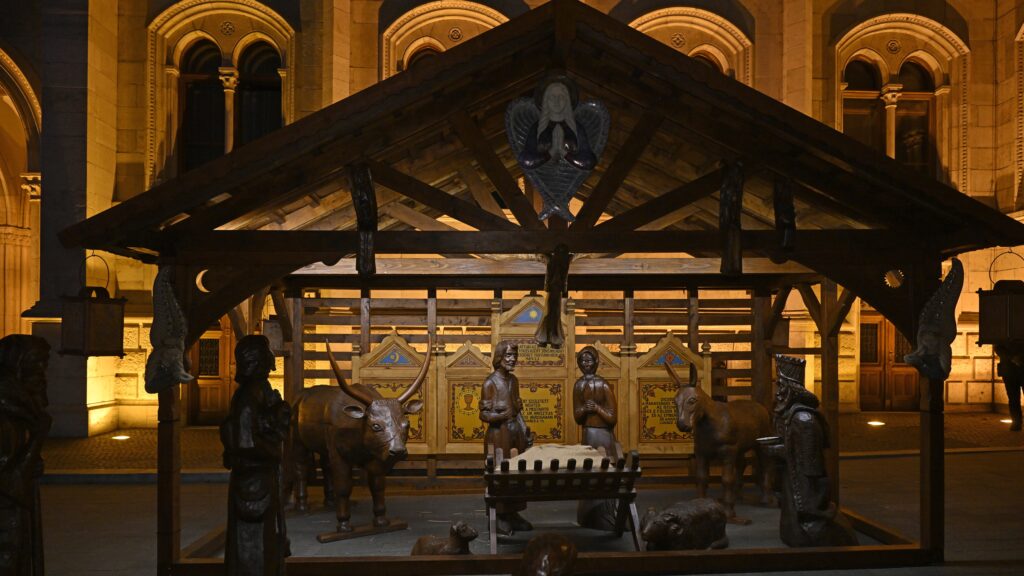
Christmas traditions were our ancestors’ way of ensuring the coming year’s success and their families’ health. Magyar Krónika has listed some of the old Hungarian festive customs.
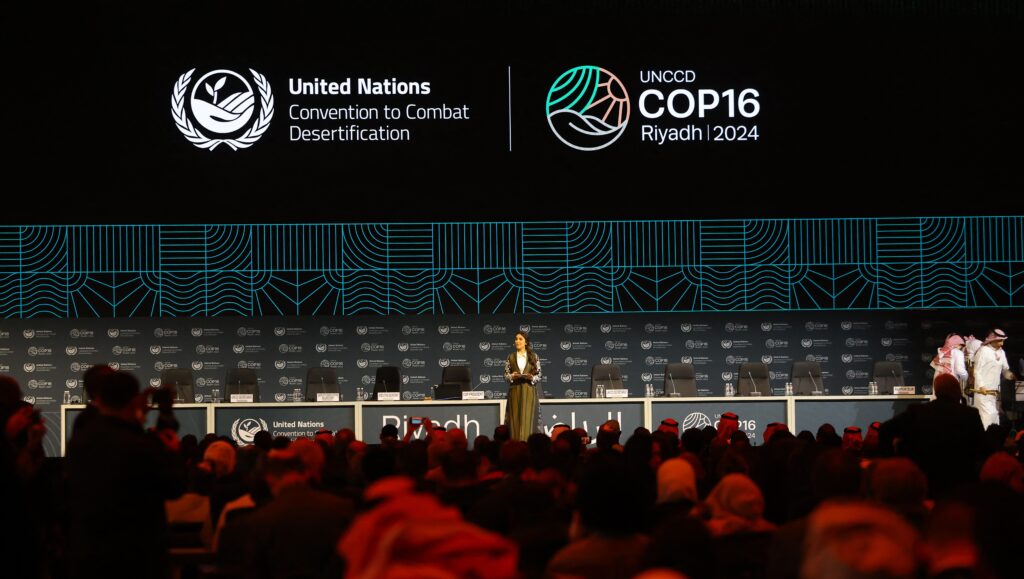
The conference is dominated by negotiations on a global drought prevention system, both in terms of implementation and financing. This is particularly necessary because the frequency and intensity of climate damage, specifically drought, which is also a major issue in Hungary…has increased by nearly 30 per cent since the turn of the millennium, threatening agriculture, water security, and the livelihoods of 1.8 billion people.
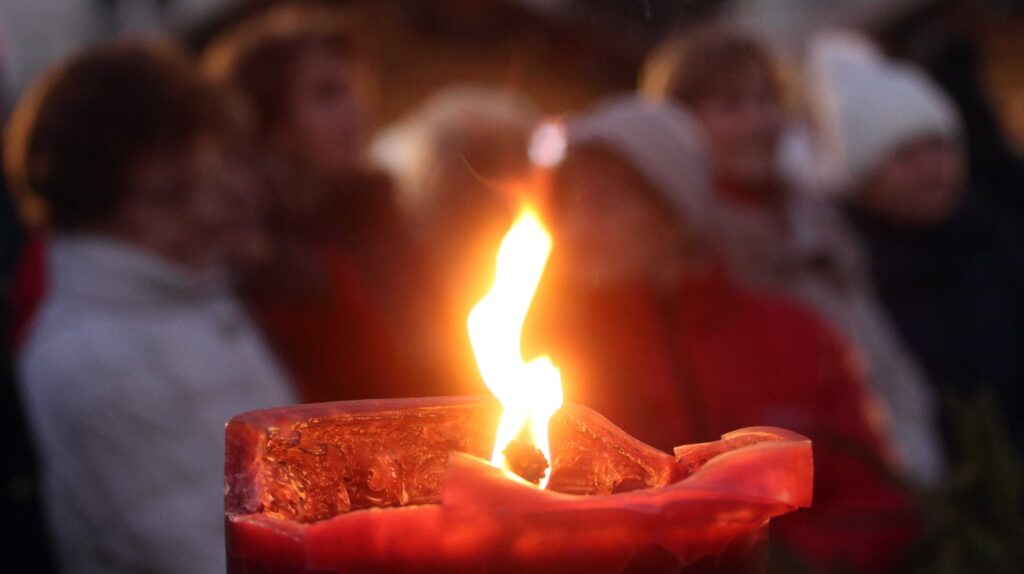
‘Jesus Christ brought to humanity the message of hope, God’s love above all else, and salvation, thus overcoming darkness as a divine source of light proclaiming salvation. This is why the dawn takes on a special significance in anticipation of his birth.’
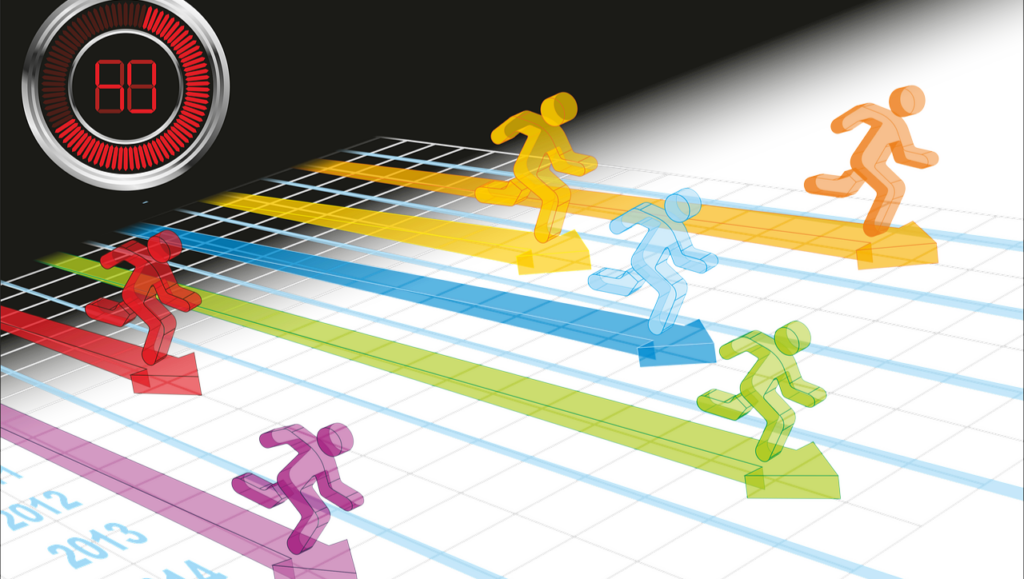
‘The challenges generated by the demographic change are increasingly urgent. Ageing populations and declining birth rates are putting enhanced pressure on public financing systems and threatening long-term economic sustainability, therefore, the conference aims to explore the economic and social consequences of demographic change and discuss possible solutions.’
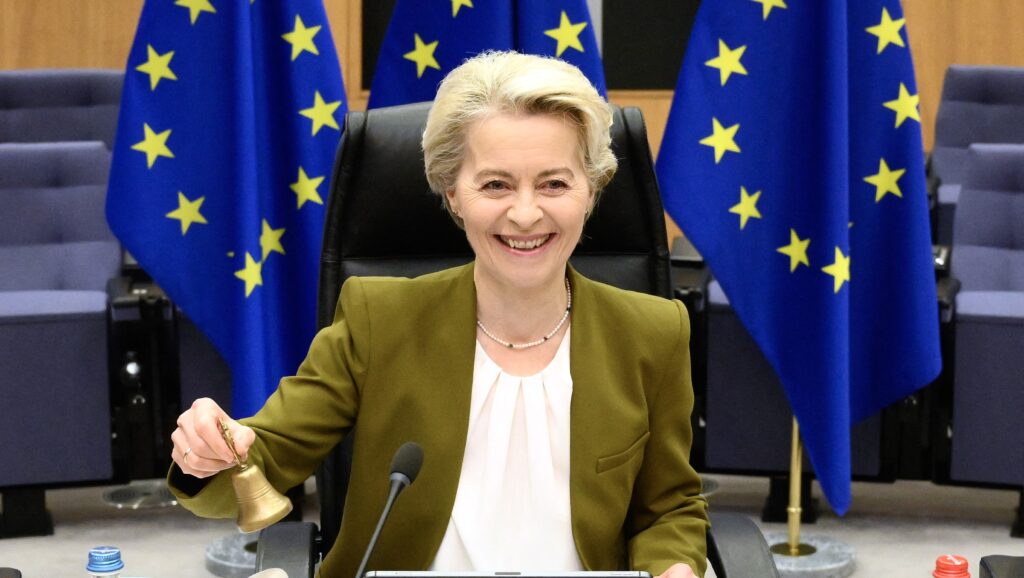
‘The President made a powerful comment on Ukraine: “Ukraine is fighting for our freedom every day—and we must work for its freedom too.” In light of this, she resolved that our top priority will continue to be “rallying partners to support with short-term needs and long-term reconstruction efforts”.’
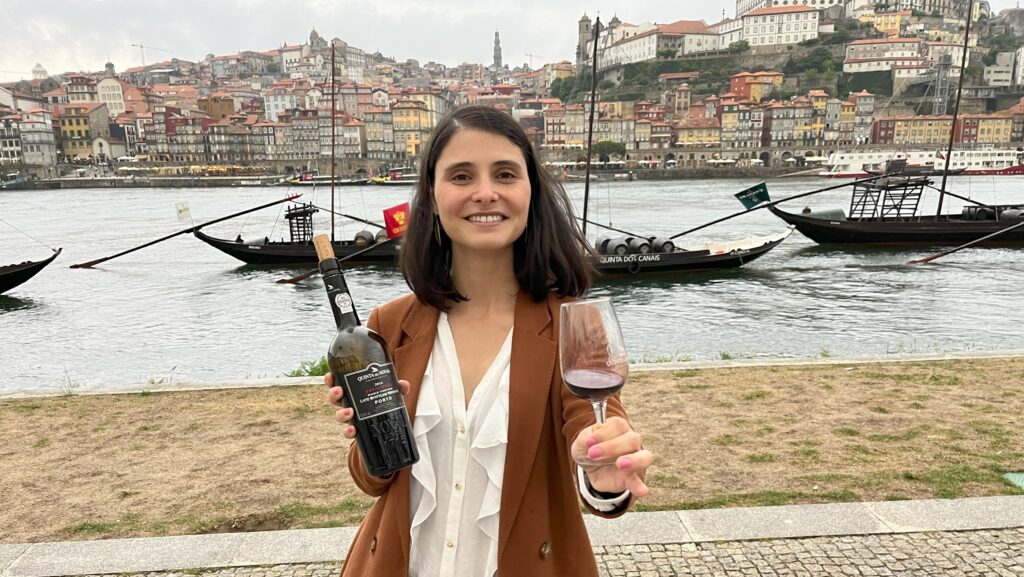
‘I arrived in Hungary in September 2011…In the meantime, I visited Eger, Lake Balaton, Szekszárd, and Tokaj. It was then that I visited the Disznókő (Pigstone) vineyard in the Tokaj wine region for the first time, not suspecting of course that I would one day work with them. Anyway, I liked the wines and the Tokaj cellars…Today, one of my favourite styles of wine is Tokaji Aszú.’

‘Progress towards the 2030 and 2025 targets shows steady improvement in most areas at the Community level, with a benchmark already achieved by Member States. Most work remains to be done in the area of primary education, where the gap between results and intentions is still widening.’